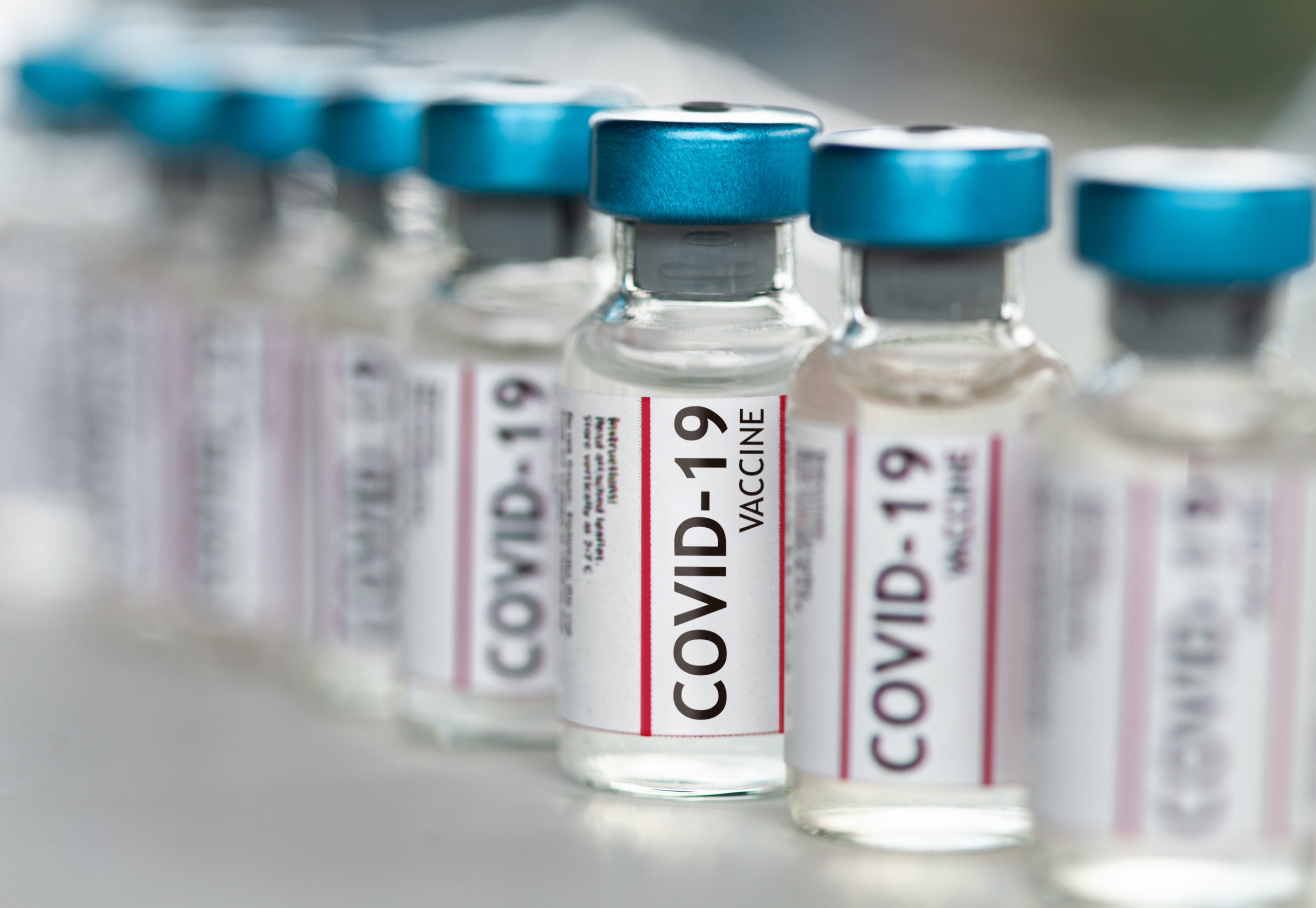Fundación Grupo Efecto Positivo (FGEP) has filed a pre-grant patent opposition in a bid to make COVID-19 vaccines accessible and affordable to Argentina by allowing the country to produce its own generic/biosimilar versions of branded products. FGEP, which is led by HIV community leaders in Argentina, is a member of the Make Medicines Affordable campaign which works to end unfair monopolies on medical products and decrease their prices to improve accessibility, particularly in middle-income countries.

The case regarding the patent application of BioNTech and Pfizer for coronavirus vaccine P20210101008 (AR121859A1) was filed in May 2023 and is pending at the Argentinean patent office.
A biosimilar is a medical product almost identical to the original medical product manufactured by a different company. In this instance, Argentina manufacturing its own coronavirus vaccine would enable more affordability and greater accessibility to the vaccine.
Community and civil-society-based organisations, such as FGEP, may challenge the validity of a patent or patent application after it has been granted (a “post-grant opposition”) or, in some countries, during the period when a patent application is being reviewed (known as a “pre-grant opposition” or a “pre-grant observation”). Patent oppositions highlight information and evidence showing that the patent application does not meet a country’s patentability standards.
“BioNTech and Pfizer should not be granted a monopoly on a life-saving coronavirus vaccine. No one should be allowed to privatize people’s health, and this patent opposition will help ensure vital vaccines remain accessible,” said Lorena Di Giano, the Executive Director of FGEP.
According to an investigation by the Bureau of Investigative Journalism, Pfizer “demanded more than the usual indemnity against civil claims filed by citizens who suffer serious adverse events after being inoculated.” Pfizer asked countries to put up collateral such as embassy buildings and military bases to cover the costs of potential civil cases resulting from rare adverse effects or Pfizer’s negligence, fraud, or malice.
These unusual demands led to a three-month delay in a vaccine deal being reached in one Latin American country during the COVID-19 pandemic, which, according to Di Giano, resulted in “completely avoidable deaths due to Pfizer’s greed in wanting to protect its self-interests.”
Although most countries offered indemnity to vaccine manufacturers during the pandemic, officials in Argentina and Brazil did not agree to Pfizer/BioNTech’s terms, which they described as “extreme demands”.
In an attempt to ensure global vaccine equity, in May 2020, the WHO, in partnership with the Government of Costa Rica and Medicines Patent Pool, Open COVID Pledge, UN Technology Bank and Unitaid launched the COVID-19 Technology Access Pool (C-TAP) inviting developers of COVID-19 vaccines to share their IP and know-how.
This initiative was ignored, however, by developers of COVID-19 vaccines including J&J, Moderna, Oxford-AstraZeneca, and Pfizer-BioNTech. While there were various local manufacturers around the world ready to produce COVID-19 vaccines, the four companies concentrated on boosting their profits by increasing their manufacturing capacity and outsourcing with manufacturers based mainly in high-income countries with limited or no sharing of technology.
“In Argentina, we had the local manufacturing capacity to make the vaccines not just for ourselves but even for other countries in the region. But big pharma’s entire strategy was based on maximising profits instead of increasing production sources,” said Di Giano.
While Pfizer’s partner BioNTech accepted $745 million USD in funding from the government of Germany to develop the vaccine, Pfizer earned a record-breaking $100 billion USD in revenue in 2022 alone, the majority of which came from the COVID-19 vaccine and antiviral pill Paxlovid. Pfizer currently charges up to $130 USD per dose of their COVID-19 vaccine in the US, and charged $12 USD per dose in Argentina in 2021 as reported by the ITPC and MMA campaign reveals, although the estimated cost of manufacturing is only $1.18 per dose. Therefore, the Argentina-based HIV community organisation is challenging the pharmaceutical company’s monopoly on the vaccine.
“A successful pre-grant patent opposition will help end this unethical profiteering, which has been enabled because of a monopoly,” Di Giano said.




